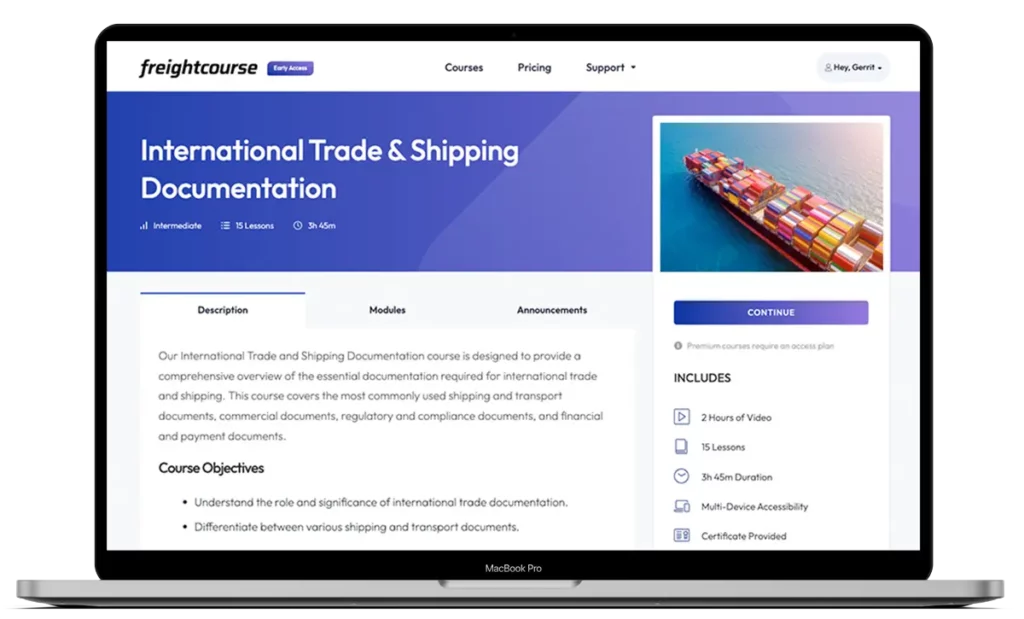Between vessel and cargo owners, liner terms are the standards used when it comes to shipping break bulk cargo. They clearly indicate which party is responsible for each individual activity.
FIOS stands for Free In/Out and Stowed and is a shipping term for break bulk cargo. This liner term stipulates that the cargo owner is responsible for the loading and stowing of the cargo and the consignee for the unloading, whereas the shipowner is responsible for the transportation of goods.
Here’s a quick overview for the responsibilities with regard to the FIOS liner term.
- Loading (shipper’s responsibility)
- Stowage (shipper’s responsibility)
- Transport (ship owner’s responsibility)
- Unloading (consignees responsibility)
This article will explore the individual responsibilities of the FIOS term and how vessel demurrage is accounted for.
What Does the FIOS Shipping Term Cover?
A charter party will clearly indicate the responsibilities of the shipper, consignee and shipowner. As a general reference the below responsibility list may be used.
Shipper Responsibilities:
- Loading – Loading of the bulk cargo into the vessel is the responsibility of the shipper under the FIOS liner term. The shipper will typically engage the port operator or a third party vendor to facilitate this activity.
- Stowage – The shipper must also ensure that the bulk cargo is correctly stowed in the vessel. They may either take advantage of their own personal or outsource this activity to a third party vendor.
Shipowner Responsibilities:
- Transportation – The shipowner is responsible for the transportation of the bulk cargo. This service is from the port of loading to the port of discharge. Ship dues which include but are not limited to pilotage fees, channel lighting, and berth usage are also accounted for by the vessel owner.
Consignee Responsibilities:
- Unloading – The consignee is responsible for the unloading of the bulk cargo from the vessel. The consignee may unload the cargo using their own equipment or appoint a vendor.
How Vessel Demurrage Works With the FIOS Shipping Term
A charter party agreement typically states conditions of the vessel demurrage between the cargo owner and shipowner. A demurrage fee is usually required to be paid once the agreed ship laytime has come to an end. Under FIOS shipping terms, the charterer must pay demurrage to the shipowner.
If the loading of cargo is finished within the laytime, the shipper may request to be compensated a despatch fee. However, these terms need to be explicitly stated in the charter agreement.

Get Free Course Access
If you enjoyed the article, don’t miss out on our free supply chain courses that help you stay ahead in your industry.

Gerrit Poel
Co-Founder & Writer
at freightcourse
About the Author
Gerrit is a certified international supply chain management professional with 16 years of industry experience, having worked for one of the largest global freight forwarders.
As the co-founder of freightcourse, he’s committed to his passion for serving as a source of education and information on various supply chain topics.
Follow us